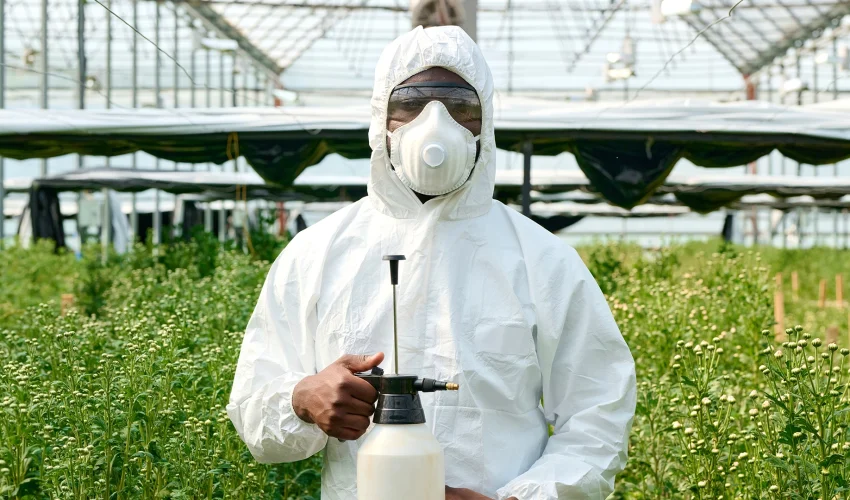
Rodent Activity on the Rise in British Columbia After Rodenticide Regulations Change
Rodent Sightings Are Increasing Across BC
In recent years, many communities across British Columbia have reported a noticeable increase in rodent activity. From residential neighborhoods to commercial zones, more people are spotting rats and mice in places they didn’t use to. This spike is no coincidence. It aligns closely with recent changes to provincial regulations on rodenticide use and highlights the importance of early prevention and responsible pest management.
What Changed in British Columbia’s Rodenticide Laws
As of 2023, British Columbia implemented new restrictions on the use of second-generation anticoagulant rodenticides (SGARs). These changes aim to reduce the risk of secondary poisoning in wildlife, particularly birds of prey that consume poisoned rodents. The updated policy limits the use of SGARs to certified professionals in specific sectors such as agriculture, food production, and essential infrastructure.
For the general public and many non-essential businesses, access to these rodenticides is now prohibited. This shift has led many property owners to rely on alternative methods that often require more time and consistent effort.
How the New Laws Contribute to Increased Rodent Activity
With fewer fast-acting solutions available to the public, many rodent issues are going untreated or not addressed quickly enough. This has allowed rodent populations to grow, especially in urban areas where food waste, shelter, and warmth are readily available. Milder winters in some regions have also contributed to year-round rodent activity, creating ideal conditions for infestations to take hold and expand.
What You Can Do to Prevent Rodents
The most effective response to this growing problem is a proactive and integrated approach to pest control. Here are a few essential prevention tips:
- Seal all entry points: Mice can enter through gaps as small as a dime. Inspect and repair any openings in walls, doors, vents, and foundations.
- Store food securely: Keep food in airtight containers and avoid leaving pet food or birdseed accessible.
- Manage waste properly: Use rodent-proof garbage bins and avoid overfilling compost or trash areas.
- Reduce clutter: Remove debris and items that could provide shelter for rodents around your property.
- Schedule regular inspections: Work with a certified pest control professional to set up monitoring and control strategies tailored to your property.
Why It Matters
Rats and mice are not only a nuisance but also a public health risk. They can contaminate food, damage property, and spread disease. As rodent populations grow, prevention and early intervention become even more critical. Following best practices and staying informed about regulatory changes is key to keeping your home or business protected year-round.




